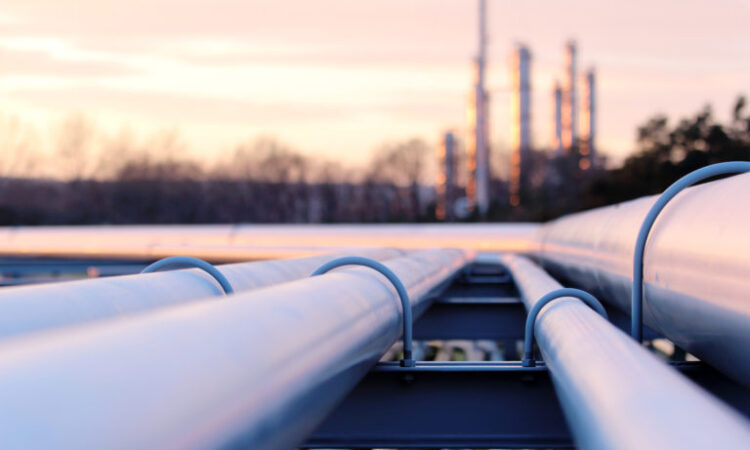
Brussels – No longer an obligation, but a recommendation: The 27 EU governments have approved the European Commission’s proposal to extend coordinated gas demand reduction until March 31, 2025, with the target set at 15 per cent of average consumption in the period from April 1, 2017, to March 31, 2022. This is the result of today’s (March 4) discussion at the Energy Council, with a political agreement reached among the relevant ministers “to ensure sufficient gas storage for the coming winter.”
As emphasized in the Council’s note, “Although the security of supply in the EU has improved, it is necessary to continue to reduce demand.” The Emergency Gas Demand Reduction Facility was adopted in 2022 in response to the energy crisis caused by Russia’s war of aggression. It was extended in March last year until the end of this month to ensure continued security of supply and contain price volatility. Despite the “general improvement” in the gas supply situation, global gas markets “remain tense,” according to the Commission’s latest reports. As clarified by Energy Commissioner Kadri Simson, “We are leaving behind another heating season, which means that it’s time to start preparing for next winter,” also considering that “member countries’ gas storages are at 62 per cent full,” and at this rate “we will reach the end of the heating season with levels between 45 and 55 per cent; it’s a good basis,” Simson added.
This is how, just days before the expiration of the Gas Demand Reduction Regulation, Member States wanted to start preparing for “any possible gas disruption,” even though the measures until 2025 have been changed from a Regulation (mandatory) to a Recommendation (non-binding). The measures extended today will help member states take “appropriate security of supply measures” until the Energy Efficiency and Renewables Directives are transposed in 2025, “leading to a structural reduction in demand in the near future while achieving the EU’s decarbonization goals.”
But at the same time, the European Commission is also pushing the twenty-seven countries on the path of support for the solar industry, with a letter sent last week by Commissioner Simson and Internal Market Commissioner Thierry Breton to the Belgian Energy Minister and rotating chair of the EU Council, Tinne Van der Straeten. “It is clear that we cannot close the borders because we need solar panels and benefited a lot from the record installation rates last year and in 2022,” the Energy Commissioner in the von der Leyen cabinet clarified. While some European industry players argue for a new round of anti-dumping tariffs (countervailing duties) against solar panels coming in from China, the EU Commission instead favours direct support for the sector, with “several proposals” on the table for ministers.
A declaration on the solar industry drafted by the Belgian presidency is expected to be presented and signed on the sidelines of one of the upcoming summits of energy ministers (an informal Council meeting will be held on April 15). Member countries are expected to sign a voluntary declaration along the lines of the one for the wind industry in December last year, with measures such as ad hoc auctions to favour solar panels produced in Europe, public procurement with priority for domestic producers, and incentive schemes for solar panels on farmland. “We need to preserve the competitiveness of the solar industrial base,” Simson said, recalling that the industry “is facing a fragile situation.”
English version by the Translation Service of Withub






